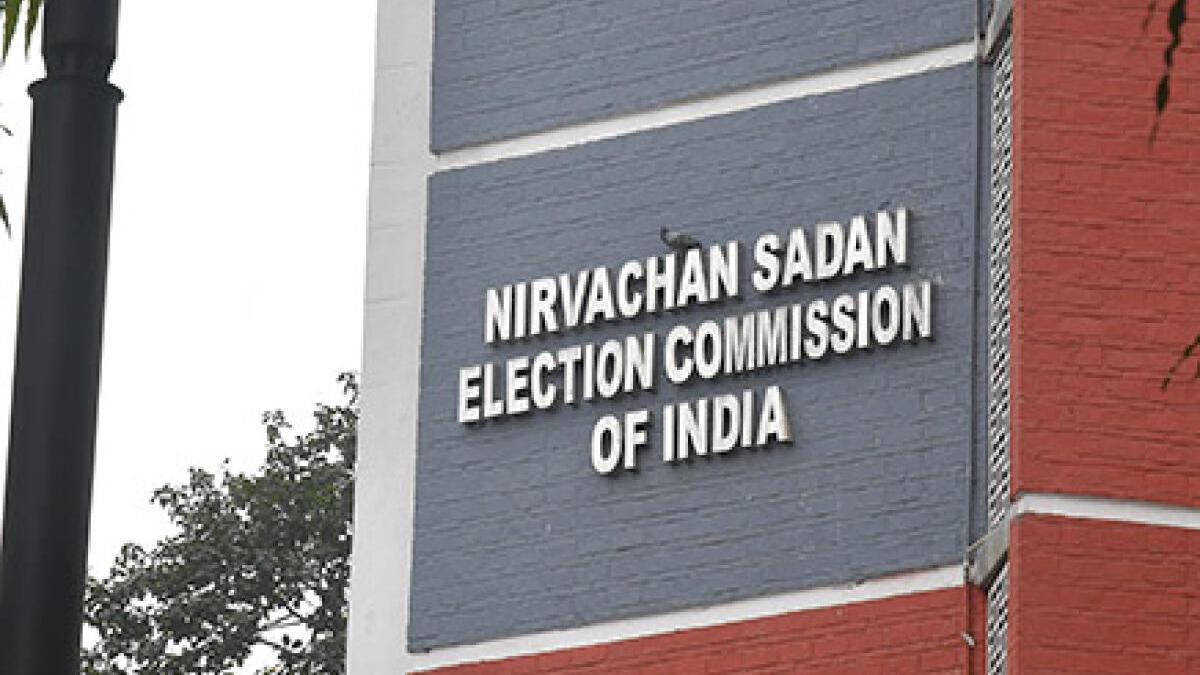The Election Commission of India has initiated the Special Intensive Revision (SIR) of electoral rolls in several states and Union Territories, including Rajasthan and Uttar Pradesh, aiming to enhance the accuracy and inclusiveness of voter registration ahead of upcoming elections. This comprehensive exercise, designed to update and verify voter information, is a crucial step in ensuring the integrity of the electoral process.
In Rajasthan, preparations for the SIR are fully underway, with the revision set to commence on October 28, 2025. Chief Electoral Officer (CEO) Naveen Mahajan outlined the detailed schedule for the exercise, which will span several months and culminate in the publication of the final electoral roll on February 7, 2026. The revision process includes multiple phases, starting with training and printing of enumeration forms from October 28 to November 3. Subsequently, these forms will be distributed door-to-door and collected between November 4 and December 4 to gather updated voter information.
Following this data collection, a draft voter list will be published on December 9. Citizens will then have the opportunity to file claims and objections regarding their registration status or details from December 9 to January 8, 2026. The authorities will conduct hearings and verifications until January 31 to address these claims and ensure the accuracy of the records. The final electoral roll, incorporating all corrections and updates, will be released on February 7, 2026.
Rajasthan currently has approximately 54.8 million registered voters. To verify the details of this vast electorate, the state has deployed 52,469 booth-level officers (BLOs) who will conduct thorough checks and updates. Of the total voters, 26.1 million are aged above 40, with about 77 percent of them already mapped in the system. The focus now is on mapping the remaining 28.8 million voters under the age of 40, ensuring that younger voters are accurately included in the rolls.
To support this massive undertaking, the Election Commission has issued comprehensive instructions to various officials, including divisional commissioners, district election officers, and electoral registration officers. These directives cover aspects such as the reorganisation of polling stations, training for BLOs and observers, coordination with political parties, media management, and the promotion of online submission options for voter registration and updates. This multi-layered approach aims to streamline the revision process and encourage public participation.
Meanwhile, Uttar Pradesh, India’s most populous state, is also gearing up for the SIR with a similar objective. CEO Navdeep Rinwa confirmed that all preparations have been completed, and the revision will begin on October 28, 2025. Notably, this is the first Special Intensive Revision in Uttar Pradesh since 2003, marking a significant gap of nearly 22 years. The exercise is expected to bring the state’s electoral rolls up to date and make them more comprehensive.
Uttar Pradesh currently boasts approximately 154.4 million registered voters distributed across 1,62,486 polling stations. The administrative framework in the state includes 75 district election officers, 403 electoral registration officers, 2,042 assistant electoral registration officers, and the same number of booth-level officers as polling stations, all actively involved in the revision process.
The Election Commission’s decision to conduct the SIR in 12 states and Union Territories between November and February reflects a nationwide effort to refine voter lists ahead of several key elections. Besides Rajasthan and Uttar Pradesh, the exercise will take place in the Andaman and Nicobar Islands, Lakshadweep, Chhattisgarh, Goa, Gujarat, Kerala, Puducherry, Tamil Nadu, and West Bengal. Importantly, Tamil Nadu, Puducherry, Kerala, and West Bengal are scheduled to hold elections in 2026, making the revision particularly critical in these regions.
This systematic approach to revising electoral rolls aims to eliminate discrepancies, remove duplicate or ineligible entries, and add new voters who have become eligible since the last revision. By doing so, it strengthens the democratic process by ensuring that every eligible citizen has the opportunity to exercise their right to vote without obstruction or confusion.
The Election Commission is leveraging technology and enhanced training to facilitate this massive operation. The promotion of online submissions allows voters to update their details conveniently, reducing dependency on physical paperwork and speeding up the process. Training sessions for BLOs and observers are designed to improve data collection accuracy and ensure that officials are well equipped to handle various scenarios encountered during the door-to-door

